News
Using a building Survey Report to negotiate a sale
What do you do if a building survey report shows a negative result? Should you walk away? Or can you use the report to your advantage and negotiate with the vendor?
A building survey report is a detailed report, created by a building surveyor, which describes the condition of each element of a house or commercial premises and identifies the property's defects, their apparent cause, the urgency of repair and maintenance options available. It may also include an approximate cost of repair.
If the condition of the property is positive, with no significant defects or issues, you have the reassurance that substantial expenditure will not be required at the time of purchase or in the future. This can give you the reassurance/confidence to proceed with the purchase at an agreed price, safe in the knowledge that you have made a sound investment.
But what if the report shows a negative result? Should you walk away? Or can you use the report to your advantage and negotiate with the vendor?
Should I walk away from the sale?
It really depends on whether you expected a negative result! If you were already aware of all the defects or issues outlined in the report, you may feel confident to proceed with the purchase, safe in the knowledge that there will be no additional, unexpected defects or issues (and related expenditure) in the near future!
If, however, the report highlights any previously unknown defects or issues, you may wish to reconsider your offer depending on the nature and severity of what is included in the report.
First and foremost, speak to your surveyor so you understand the implications of anything highlighted in their report. They will advise you on the next steps, whether any further investigations are required and give you a comprehensive breakdown of the survey. Don’t be afraid to ask for advice!
If the Building Survey Report finds significant defects and/or issues and you are not prepared to invest the time/money that will be required to ensure the property is eventually in a good condition, walking away from the property is a sensible decision.
When should you negotiate on a sale?
If you are still keen to continue with the purchase, but the report has highlighted previously unknown/undisclosed defects with the property, you are potentially in a strong position to negotiate with the vendor.
The vendor may argue that the defects are obvious and that the purchase price is reflective of the defects. However, if the survey has revealed concerns about the property and you can quantify the costs to repair or maintain it, either now or in the future, it gives you a much stronger position to negotiate the sale price should you wish.
Negotiating a purchase price can be quite nerve-wracking and it is always worth bearing in mind that you could lose out on securing the purchase if there are other parties in involved (or if you upset the vendor). You should consider what you will do if the vendor refuses to negotiate. How much do you want the property? Would you still be willing to pay full price for it? Can you afford to rectify the property without a discount? How much will you be saving in the long run? Is it worth it?
But if there is a significant, unknown cost associated with purchasing the property, you are probably in a good position to make an offer.
Would a Building Survey put your mind at ease or help you save money on a property you’re thinking of buying? Contact us today!

